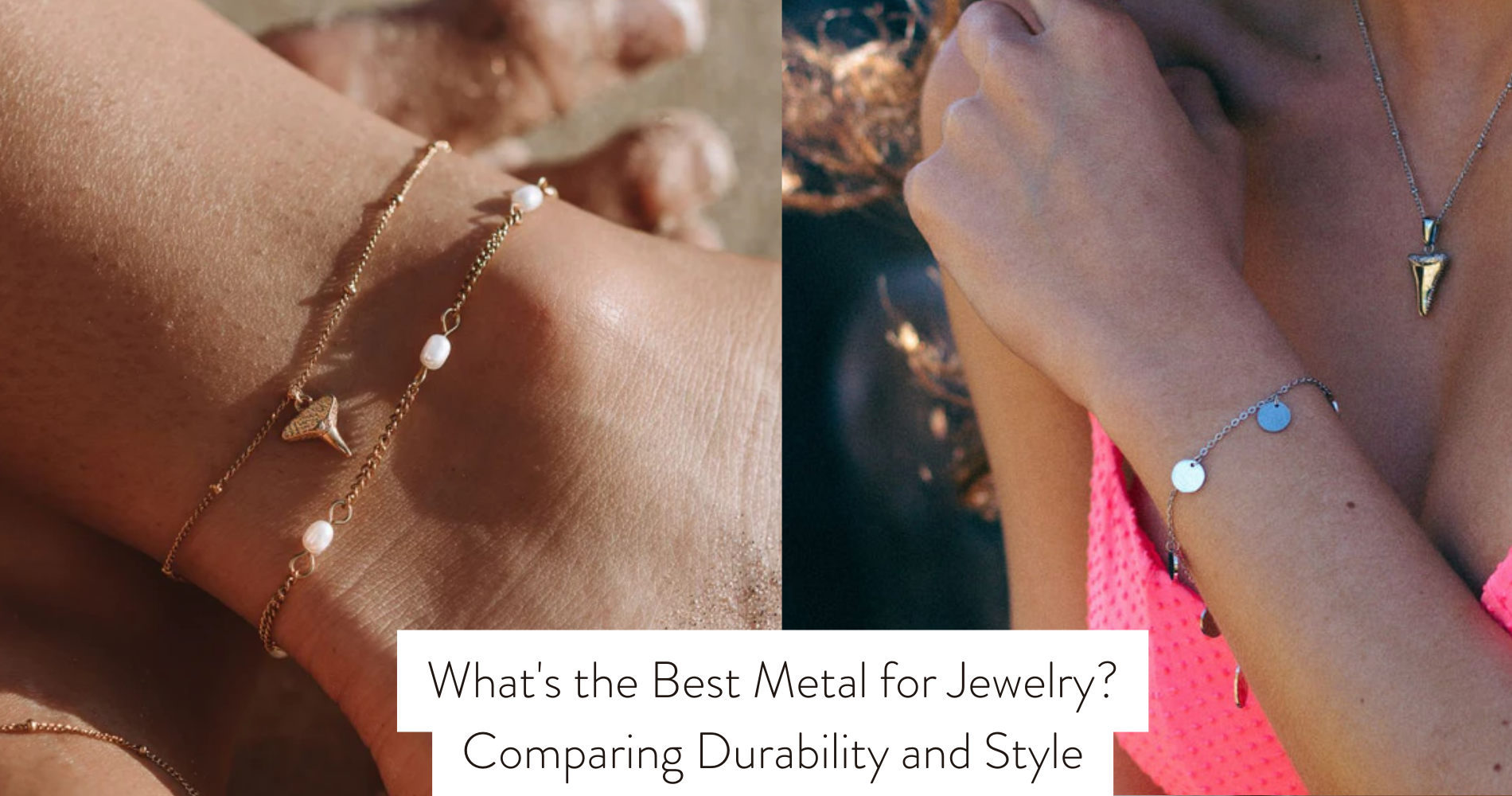
What's the Best Metal for Jewelry? Comparing Durability and Style
If you're seeking stunning jewelry that strikes a balance between durability and style, the choice of metal is paramount. But with so many options available, how do you decide?
From the classic allure of gold to the timeless elegance of silver, the unparalleled durability of platinum, the lightweight and modern appeal of titanium, to the affordable and versatile stainless steel, each metal brings its own unique qualities to the table.
So, which metal will stand the test of time while also reflecting your personal style? Let's explore the characteristics and merits of each, helping you make an informed choice that will leave you adorned with the perfect piece of jewelry.
Silver: Timeless Elegance
One of the key advantages of silver is its versatility in design. It can be crafted into intricate and delicate pieces, as well as bold and statement-making designs. Whether you prefer dainty rings, delicate necklaces, or chunky bracelets, silver can be molded and shaped to suit any style or preference. Its neutral color also allows it to be paired effortlessly with any gemstone, creating endless possibilities for unique and personalized pieces of jewelry.
In addition to its aesthetic appeal, silver is also a durable metal that can withstand the test of time. With proper care, silver jewelry can last for generations, making it a cherished heirloom that can be passed down through the years.
Stainless Steel: Affordable and Versatile
In addition to its durability, stainless steel is also a popular choice for those with sensitive skin. It's hypoallergenic, making it a great option for individuals who experience allergic reactions to other metals such as sterling silver. Sterling silver, although a beautiful metal, can cause skin irritation in some people due to its alloy composition. Stainless steel, on the other hand, is less likely to cause any adverse reactions, making it a safe choice for those with sensitive skin.
Furthermore, stainless steel offers a wide range of styles and finishes, allowing for endless design possibilities. Whether you prefer a sleek and modern look or a more traditional and timeless design, stainless steel can accommodate various aesthetics. It can be polished to a high shine, brushed for a matte effect, or even textured for added visual interest.
Platinum: Unparalleled Durability
Platinum's unparalleled durability makes it a top choice for jewelry that can withstand the test of time. This unique and prestigious metal is known for its exceptional strength and resistance to wear and tear. Unlike other metals, platinum is highly resistant to scratches, making it perfect for everyday wear. Its density also ensures that it retains its shape and form, even with constant use.
In addition to its durability, platinum is also a hypoallergenic metal, making it an ideal choice for those with sensitive skin. It's free from common allergens such as nickel, which can cause irritation and discomfort. This makes platinum jewelry not only stylish but also comfortable to wear for extended periods.
Furthermore, platinum is highly resistant to tarnish. It doesn't react with air or water, ensuring that your jewelry maintains its lustrous shine for years to come. Unlike silver or gold, which may require regular polishing to maintain their brilliance, platinum's natural beauty remains unaffected by the passage of time.
When it comes to durability, platinum truly stands out. Its unique properties make it a prestigious choice for jewelry that can be passed down through generations. Whether you're looking for an engagement ring or a statement necklace, platinum offers the perfect combination of strength, style, and longevity.
Titanium: Lightweight and Modern
If you're looking for a lightweight and modern metal for your jewelry, titanium is an excellent choice. When it comes to durability, titanium is known for its exceptional strength and resistance to scratches. Compared to tungsten, another popular metal for jewelry, titanium is actually more scratch resistant. Tungsten, although extremely hard, can still be prone to scratching over time. On the other hand, titanium's durability ensures that your jewelry will maintain its sleek and polished appearance for years to come.
In terms of price and value, titanium also has its advantages. Compared to silver, titanium is generally more affordable. Silver, while elegant and classic, can be quite expensive due to its high demand and limited availability. Titanium, on the other hand, offers a more cost-effective option without compromising on style or quality. Additionally, titanium's lightweight nature makes it comfortable to wear, making it ideal for everyday use.
Gold: The Classic Choice
Gold is the classic choice for jewelry due to its timeless beauty and durability. When it comes to versatility, gold surpasses silver in many ways. Gold can be easily molded into various shapes and designs, making it suitable for both traditional and contemporary styles. Whether you prefer a delicate gold necklace or a bold statement ring, gold jewelry can effortlessly complement any outfit or occasion.

In the debate of gold vs silver, gold emerges as the more versatile option. While silver has its own charm, gold possesses a certain elegance that's hard to replicate. Gold jewelry trends have evolved over the years, offering a wide range of options for all tastes. From classic gold chains to intricate gold bracelets, there's something for everyone.
Gold jewelry allows you to express your personal style and make a statement. Whether you opt for a vintage-inspired piece or a modern, minimalist design, gold can effortlessly elevate your look. Its warm tones and lustrous shine add a touch of luxury to any ensemble.
Frequently Asked Questions
What Is the Average Price Range for Gold Jewelry?
On average, the price range for gold jewelry can vary depending on factors like the purity of the gold and the design. It's important to consider your budget and desired style when shopping for gold jewelry.
Are There Any Potential Allergic Reactions to Silver Jewelry?
If you have potential skin irritations, silver jewelry may cause allergic reactions. Look for hypoallergenic alternatives like titanium or stainless steel. Remember, the best metal for jewelry depends on durability and style.
Can Platinum Jewelry Be Resized Easily?
Platinum jewelry can be easily resized, making it convenient for you to adjust the fit as needed. This maintenance benefit ensures that your platinum pieces can be worn comfortably and enjoyably for years to come.
Does Titanium Jewelry Tarnish Over Time?
Titanium jewelry has long-term durability and excellent corrosion resistance. It doesn't tarnish over time, making it a great choice. Plus, it's often more affordable than gold. Also, it's hypoallergenic, unlike silver jewelry that can cause allergies.
Are There Any Drawbacks to Wearing Stainless Steel Jewelry?
There are some drawbacks to wearing stainless steel jewelry, such as potential allergies and the need for regular cleaning. However, with proper maintenance, stainless steel jewelry can be a durable and stylish choice.
Conclusion
In conclusion, when it comes to choosing the best metal for jewelry, it ultimately depends on your personal preferences and needs.
Gold offers a classic and luxurious look, while silver exudes timeless elegance.
Platinum is unmatched in durability, while titanium provides a lightweight and modern option.
For those on a budget, stainless steel offers affordability and versatility.
Consider your style and desired level of durability to make the best choice for your jewelry.


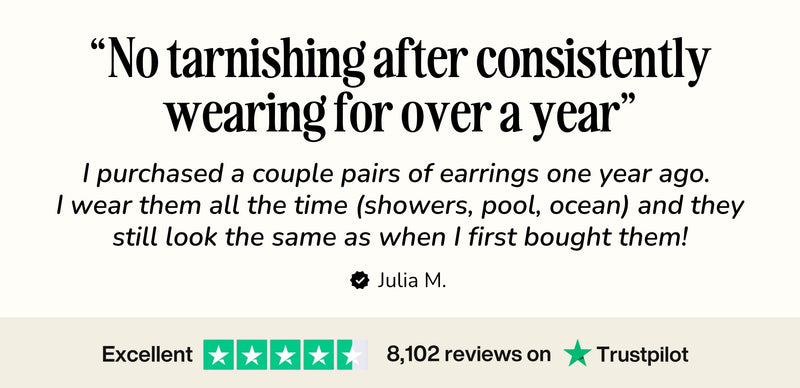





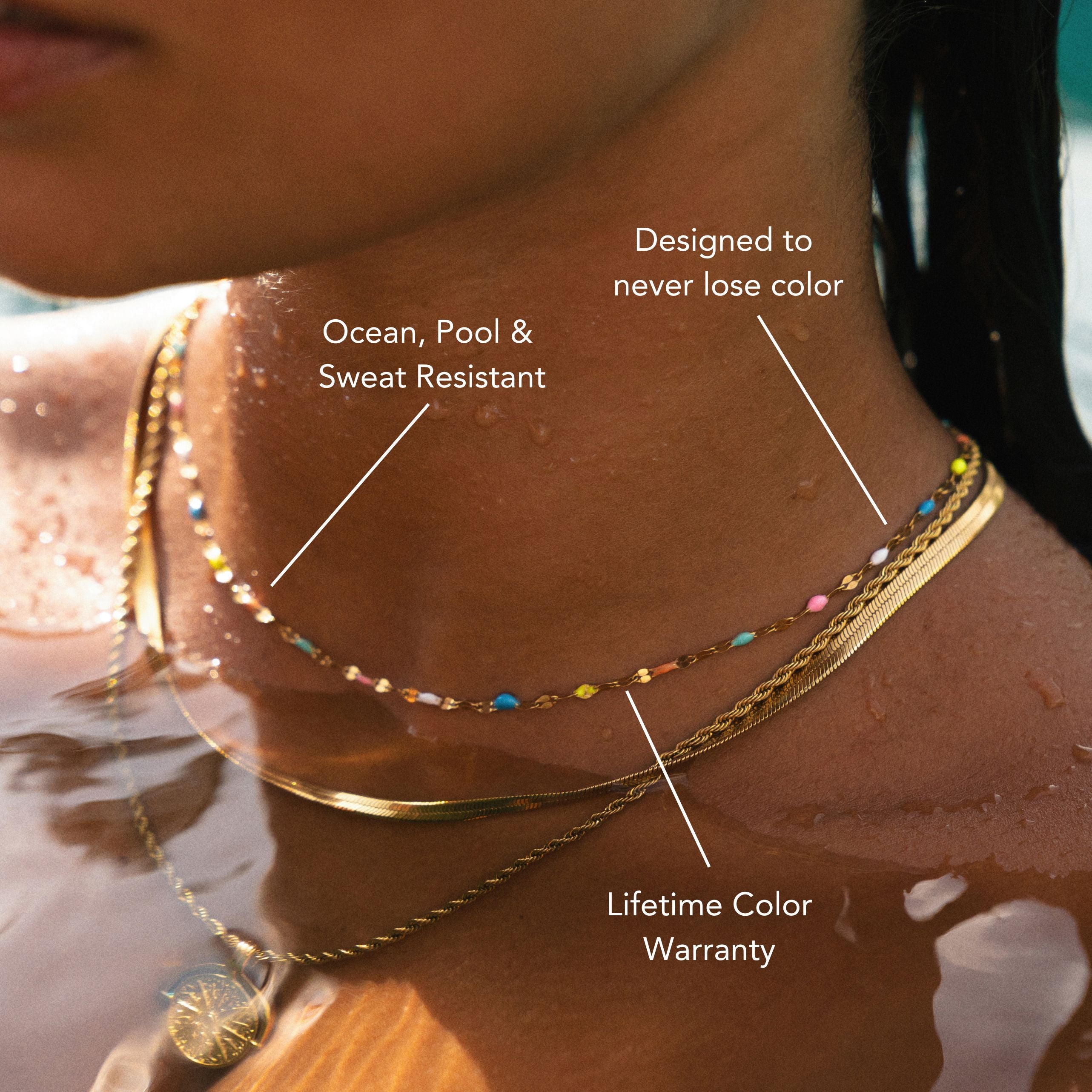
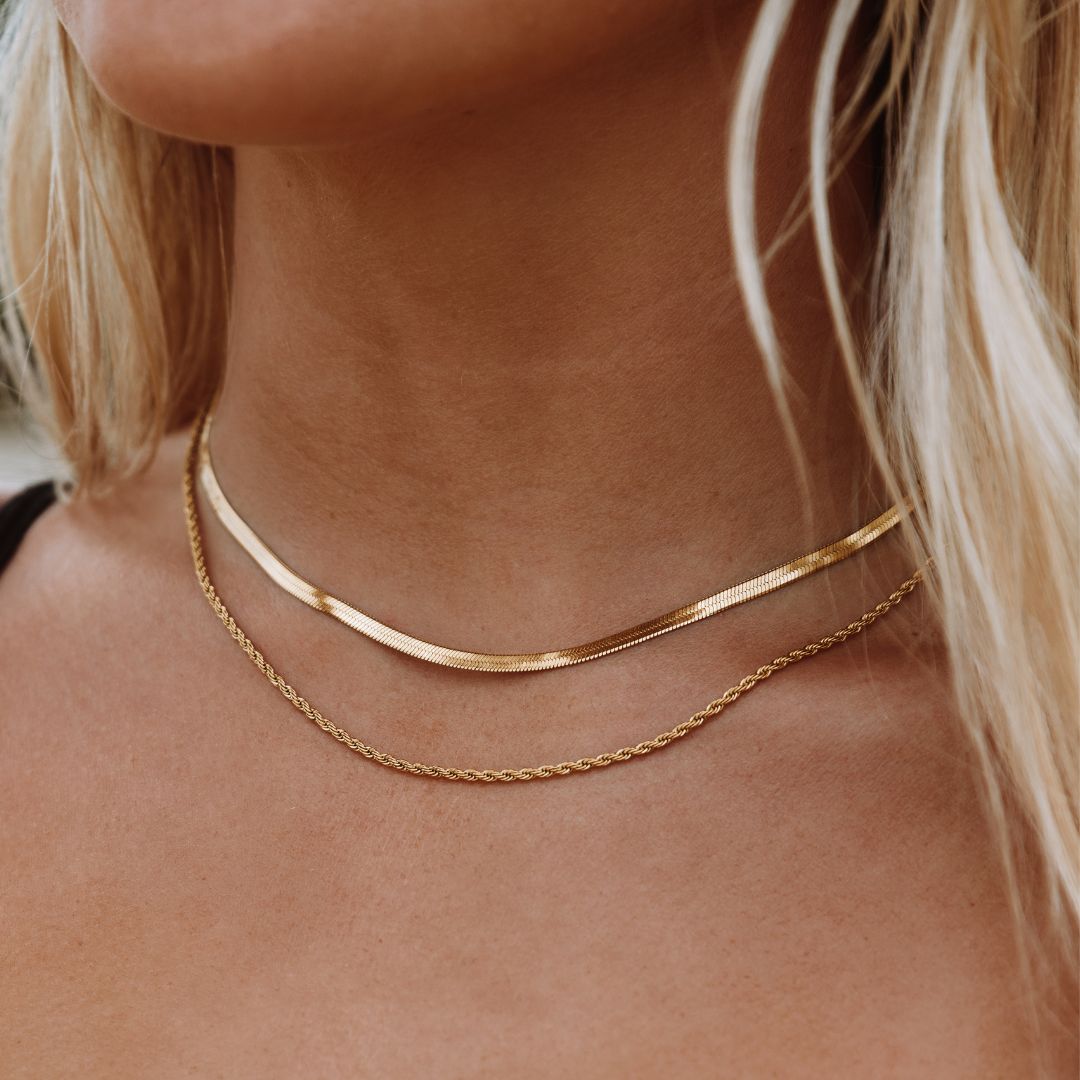



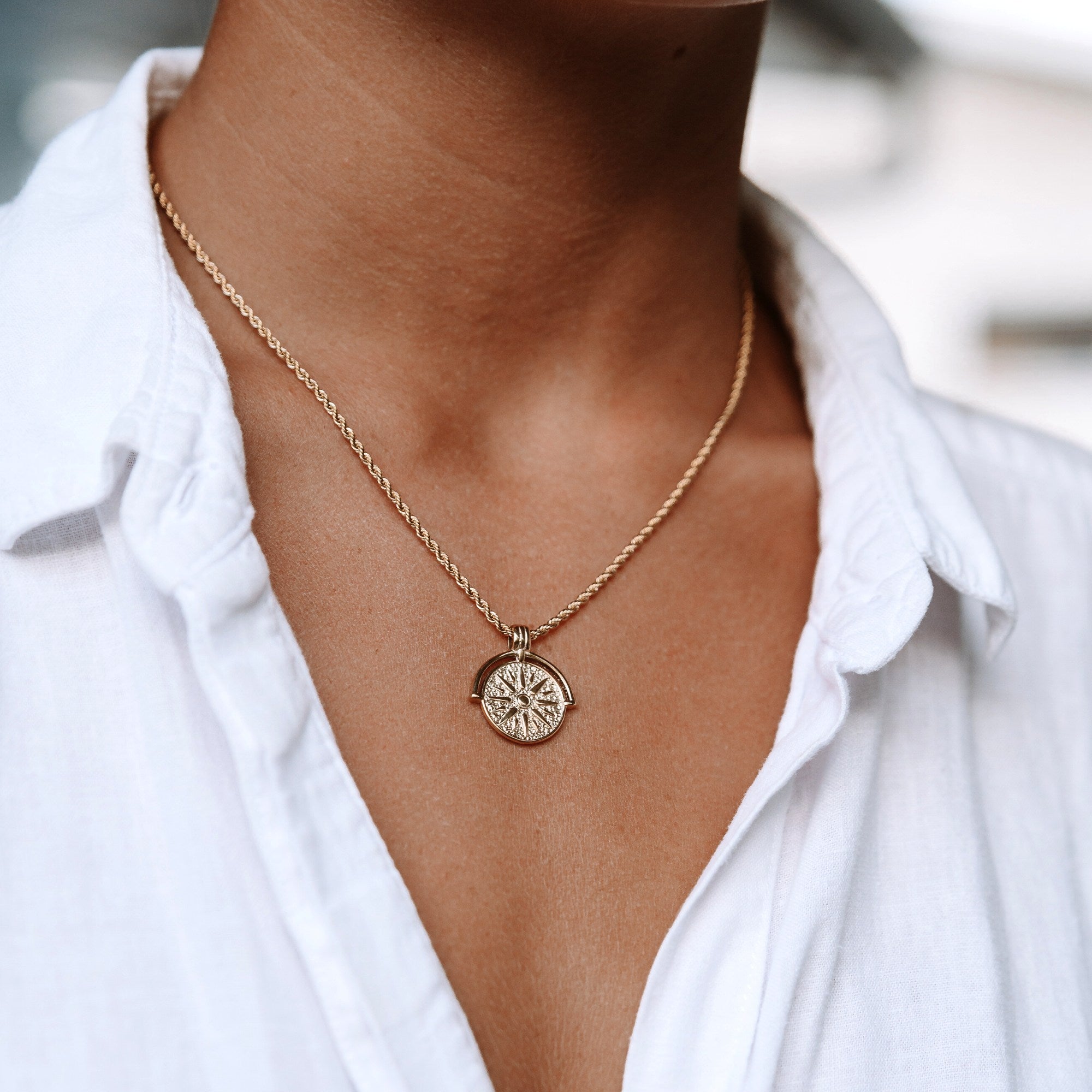

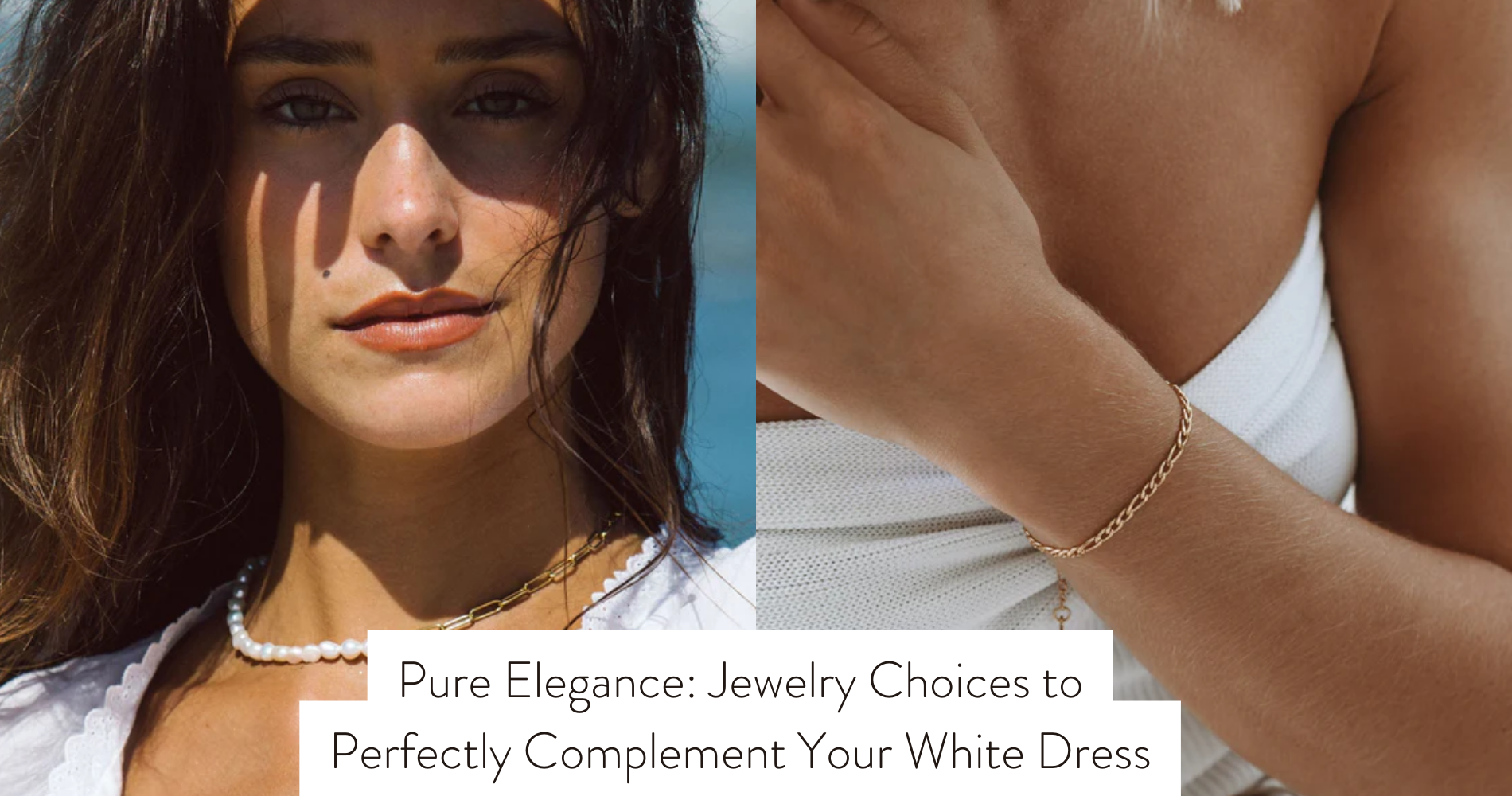
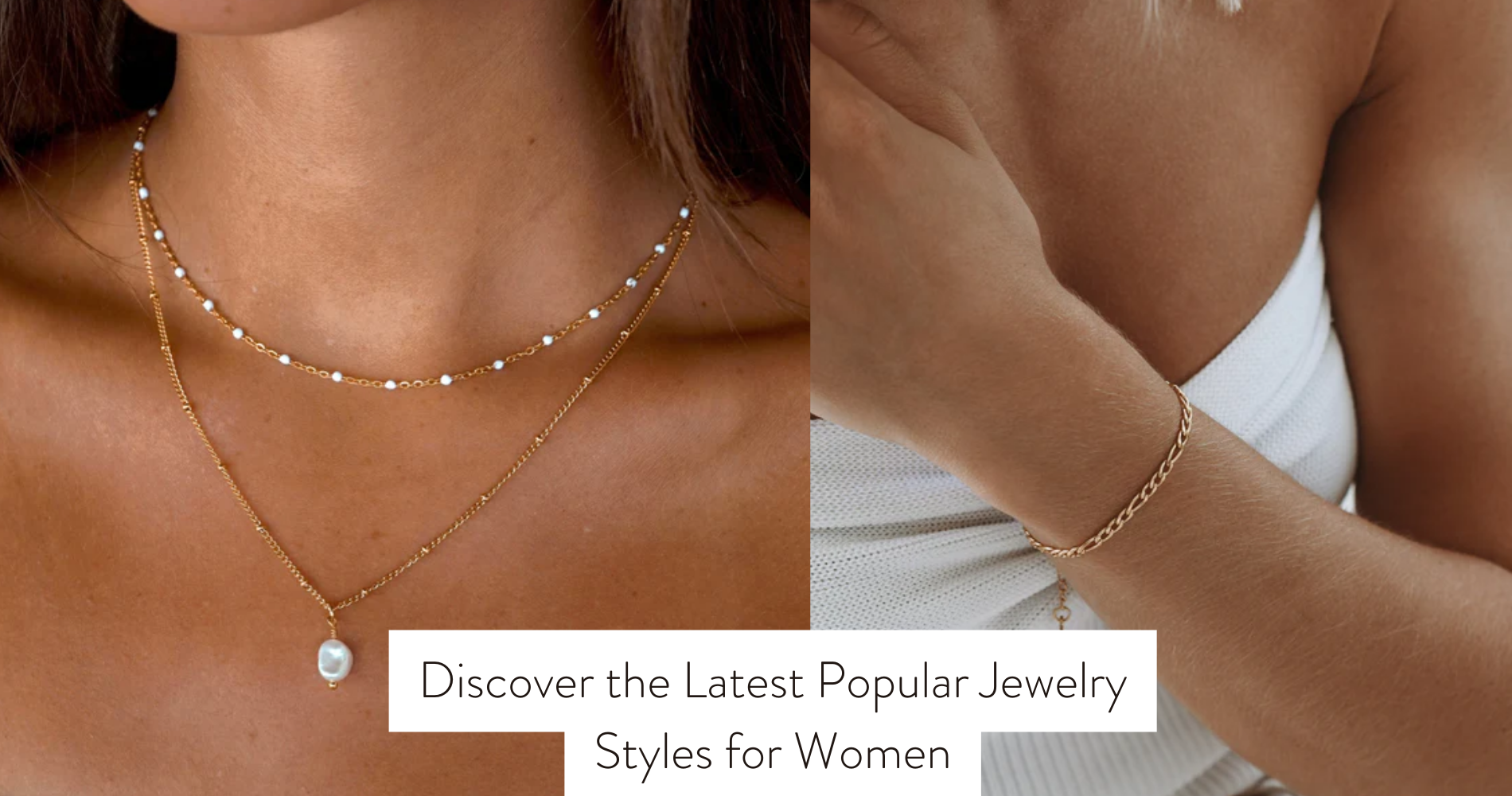




Leave a comment
This site is protected by hCaptcha and the hCaptcha Privacy Policy and Terms of Service apply.